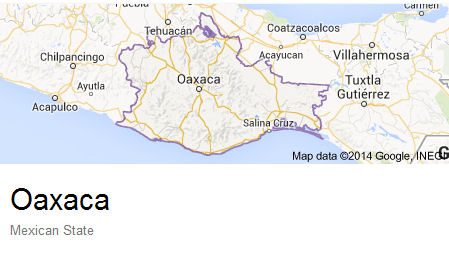
FAIR is a non-profit organization dedicated to providing well-documented answers to criticisms of the doctrine, practice, and history of The Church of Jesus Christ of Latter-day Saints.
| Line 16: | Line 16: | ||
<!-- PLEASE DO NOT REMOVE ANYTHING BELOW THIS LINE --> | <!-- PLEASE DO NOT REMOVE ANYTHING BELOW THIS LINE --> | ||
[[ | [[Category:Letter to a CES Director]] | ||
[[Category:Difficult Questions for Mormons]] | |||
[[es:Fuente:Armitage:La producción de seda y su impacto en las familias y las comunidades en Oaxaca, México:2008:Seda salvaje]] | [[es:Fuente:Armitage:La producción de seda y su impacto en las familias y las comunidades en Oaxaca, México:2008:Seda salvaje]] | ||
[[pt:Fonte:Armitage:Silk production and its impact on families and communities in Oaxaca, Mexico:2008:A seda selvagem]] | [[pt:Fonte:Armitage:Silk production and its impact on families and communities in Oaxaca, Mexico:2008:A seda selvagem]] | ||
The theory that "wild silk" was used anciently in Oaxaca, near the Isthmus of Tehuantepec in Mesoamerica, "has been greatly debated."
Wild silk was produced by the Gloveria paidii, a moth, and the Eucheira socialis, a butterfly, found in the Oaxaca area (de Ávila Blomberg, 1997). It is suggested by de Ávila Blomberg that wild silk was used in Oaxaca in pre-Columbian times, a theory that has been greatly debated. However, in a 1777 document, an excavation of a pre-Columbian burial site is described as containing wild silk.[1]


FAIR is a non-profit organization dedicated to providing well-documented answers to criticisms of the doctrine, practice, and history of The Church of Jesus Christ of Latter-day Saints.
We are a volunteer organization. We invite you to give back.
Donate Now